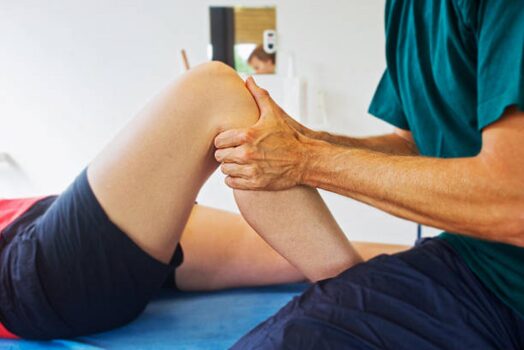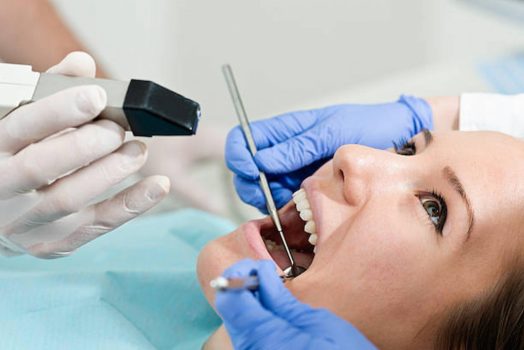Old age is the phase of life where people suffer most from orthopaedic deformities. The vascular supply and the bone strength all become weak and hence more chances of arthritis and fractures. These fractures are more with stress bearing joints of body like hip, knee or ankle as they bear most of the body weight.
In severe cases of arthritis when conventional methods don’t work, partial (replaces a part which is worn out, less invasive and quick recovery) or total (removing the ends of bone as they are worn out and replacing them with metal or plastic) replacement surgery is done.
Why choose India for knee replacement surgery:
Since India is a low cost health care option for both national and international people as it costs only one- fourth of the cost as compared to UK,US and other countries, it is preferred for treatment to get done. Knee replacement cost in India ranges from 40,000- 50,000 INR and this surgery is performed with cutting edge technology and minimum invasive cure leading to zero infection rate and faster healing. The knee surgeons of India are well trained with internationally recognized qualifications and years of expertise.
For a surgery to be successful both preoperative care and postoperative care are important. These include:-
Pre requisites of knee replacement surgery:
- Candidate with severe knee pain or stiffness in performing daily activities or during taking rest, chronic knee inflammation or knee deformities.
- Preoperative preparation and evaluation before surgery: when all the normal methods like medications, physiotherapy don’t bring any improvements. Surgery needs to be performed. It includes:
- Medical evaluation: Surgeon will enquire about medical history and physical examination is performed to assess motion and alignment of joint with tests like X-rays, MRI and blood tests to determine condition of bones and soft tissues of joint. Blood and urine samples with ECG is done before performing surgery.
- Medications: Medications like anticoagulants which stop blood clotting, NSAID’S and aspirin should be stopped before surgery as prescribed by surgeon.
- Dental procedures like extraction and periodontal surgeries should be done before to reduce risk of infection.
- Urinary infections should be removed by completing course of medication before opting for knee surgery.
- Exercises to increase upper body strength and to strengthen legs for later use of crutches and faster adaptation of body to implants must be performed.
Although cost of knee surgery in India is economical yet postoperative care is well taken care. Postoperative care includes both at hospital and home. These include:
- At hospital:
- Infection control: with help of antibiotics and regular wound dressing, infection is controlled but in severe cases, prosthesis is removed.
- Blood clot control: Major complication of this surgery is deep vein thrombosis in leg veins and hence elevation of legs and lower leg exercises with proper medications is done.
- Pain management via pain killers are done to get relief from pain due to normal healing.
- At home:
- User friendly home- Proper pillows for elevation of legs with bed on proper height. Proper change of clothes, linens, bandages and icepacks for knee.
- Medications should be monitored according to schedule as they are prescribed and wound should be dressed daily to clear infection.
- Proper rest and nutritious foods with supplements to be given.
- Proper follow up visits and plans with informing issues like allergic medications, increased pain and elevated temperature to the surgeon.
- Exercise recommended for 30 minutes 2 to 3 times a day. Walking with crutches also help for faster recovery. Complications of surgery or wound changes should be adequately addressed.
- Emotional support is necessary to create optimism and faster recovery.




